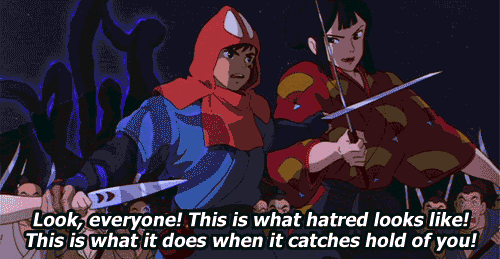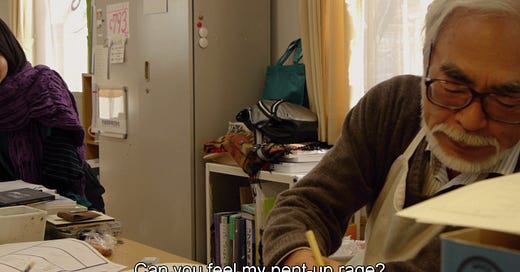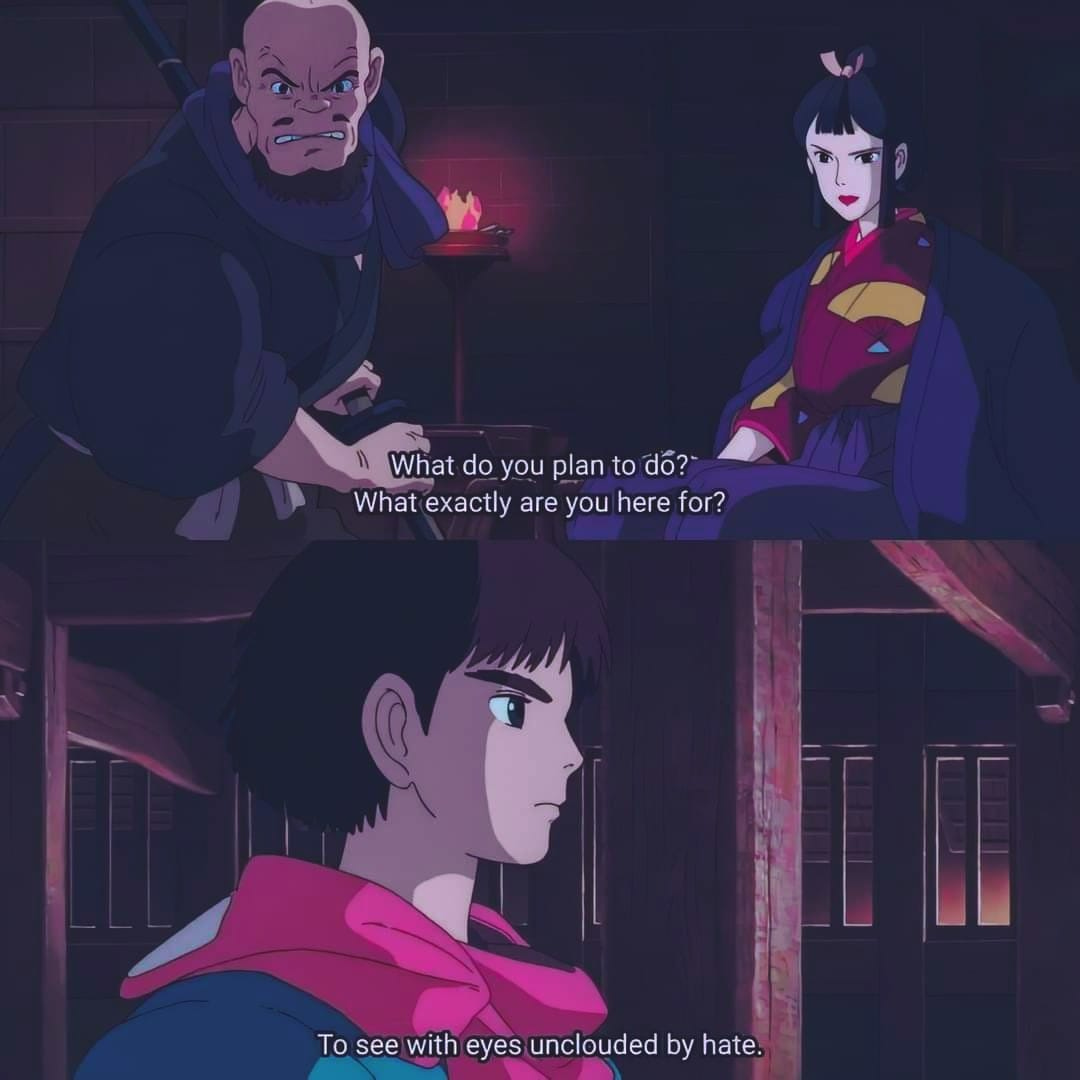To keep it a buck, I used to be very religiously meticulous and kind of neurotic. Sometimes, I feel shame for not being this way anymore. Then I remember that I would stay up trembling in bed at night, convinced I was going to hell for something as benign as eating some of the open-display gummy worms in a Walmart when I was 9, and not paying for it because I didn’t realize that was expected. (That haunted me for years for some reason.) Once when I was four or five years old, I used a word I’d heard adults say— “Dammit”— while playing basketball with my brother and cousin at my Grammie’s house one summer in New Orleans, two or three years before Katrina destroyed it. My brother and cousin gasped and said “Ooooh….” I burned myself with hot water in the bathtub that night as a self-punishment.
Yikes, right?
Now, I don’t think God is at all what I used to believe, but my first understanding of God was informed by fear and conformity to behaviors and mindsets deemed moral and upright— all to ensure my soul’s purity and acceptability to God in case I suddenly died. Neither a rational fear, nor something I should have been thinking about.
Nowadays, when I hope in God or an afterlife, I hope in a place where the tens of thousands of martyred Palestinian children can play together in the sky or in a lush and vibrant garden tucked somewhere secret. I think of them playing soccer or made-up games, their voices shrill with delight.
When I hope in God, I hope that God is like a blanket that will cover the Earth and smother out the evil and enrobe in comfort the Congolese children who have nothing and are made to work to death to make richer those who have everything. I want all of their dead, who should be alive, to rest and to feel victory despite having lived a life full of loss.
When I hope in God, I usually don’t hope for anything but change. I hope for a radical dismemberment of the forces that oppress. I want the violent to be crushed and the cruel to be rendered ineffectual. I want everyone to have what they need and what they deserve, and for all memory of their indignities to feel distant.
When I hope in God, I resist the urge, because I have been angry with God. This statement feels hardly true because what is there to be angry at? Am I angry at the concept (of a Divine Being with omnipotence who could overturn any evil government They wanted), or the literal Being? Aren’t I angry with humans? I think often of a quote I happened upon,
“At the trial of God, we will ask: why did you allow all this?
And the answer will be an echo: why did you allow all this?”
―Ilya Kaminsky, Deaf Republic
When I hope in God, I hope because I don’t want to be so angry anymore. I am filled with rage—all the time. I see what is happening worldwide—I see human malice and destruction, and I think that I would destroy so much of it. I would burn the planet in a cleansing fire. I would retaliate to destruction with even more destruction if I could effectively render who I perceive as the evil members of humankind inoperable—if I could liberate oppressed peoples.
It’s violent, unproductive, and impractical. Still, I have hatred. My mother pointed out how angry of a person I have become just the other day, as I cried with fury about something. I cried all the harder because I never wanted to be an angry person, yet I look around and all I can feel is anger and disgust. Anger and disgust for people who wield corrupting influence, from our world leaders to the podcasters on the internet gleefully spreading misinformation and radicalizing young men. Anger for the toothless and immobile “movements” that act as though they are on the side of change, who claim to desire liberation for others, yet are couched too comfortably in the status quo to do or say anything truly disruptive. I hate that I have to be diplomatic in my language because as a lawyer, opportunities may not grant me a chance if I am too controversial.
But first of all, I am a writer. A writer’s duty is to tell what she believes is true and to be fearless in the pursuit of creating beauty and understanding. Otherwise, artless output will continue to pollute the cesspool of “content” we find when we open our search engines.
Sometimes, I wake up and I feel grief and I say I hate everything, but really what I mean is, I wish children weren’t being murdered and that voting for someone actually meant something. I genuinely don’t believe that you can be president if you’re not complicit with genocidal maniacs and warmongers’ missions. Our country is owned by such people, and they will not let candidates progress to the general election’s ballot if you aren’t one of them.

So when I hope in God, what I hope is that there is a continuance of life and an outpouring of joy and love to the joyless and to those who have known too little love. I have never hoped in heaven or God for my own sake because the memories of what happened in my time on Earth would sour any joyfulness I am meant to feel, and any praiseful hymn I sing would weigh on my tongue like lead.
Still, optimistically—desperately—I hope for an understanding of God that will grant me a feeling of peace, purpose, and connection to the divine. I don’t want a true death to what remains of my spiritual shelf. I believe myself to be a person of spirit. And yet….
Apart from the dead children, I mostly hope there is nothing after death if there are no justifying answers for the horrors I’ve witnessed or a plan to make it all better. I hope there is only sleep—because all I want, now, is to forget.1
This is probably going to be put up behind the paid subscription pretty soon because of its personal nature. Thank you for reading.




A lot of this really resonated with me… I feel like I’m constantly trying to figure out what my belief system actually is now that I’m not being ruled by the beliefs of those who brought me up. Thank you for writing this!
So much of this resonated deeply with me. Thanks for sharing this.